Casablanca Market’s Finest Moroccan Products Go Global
- Wash and soak chickpeas overnight in a large bowl add in at least 5 cups of water.
- Put chickpeas (including whatever water has not been absorbed) in a large pan.
- Add 2tsp olive oil, 1tsp salt, and garlic, and stir.
- Bring to a boil, and then cook over medium heat for 1-1 ½ hours, until the chickpeas are very soft.
- Drain, setting aside the cooking liquid.
- Let chickpeas cool, then put in food processor with lemon juice, cumin, tahini, harissa, 1 cup of cooking liquid and 1TBS olive oil. Blend in a food processor to desired consistency.
- Refrigerate until ready to serve. You may choose to add a little parsley and olive oil on top.
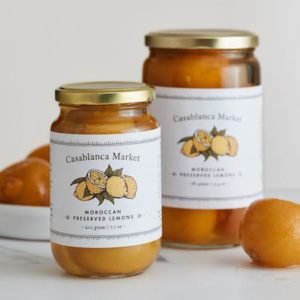 Casablanca Market Preserved Lemons are made with Beldi Lemons (the word beldi is applied to things that are made with love and care), an indigenous lemon used to make authentically preserved lemons. They are mildly sweet and fragrant. Our lemons are grown in Taroudant, Southern Morocco.
Casablanca Market Preserved Lemons are made with Beldi Lemons (the word beldi is applied to things that are made with love and care), an indigenous lemon used to make authentically preserved lemons. They are mildly sweet and fragrant. Our lemons are grown in Taroudant, Southern Morocco.
Casablanca Market’s preserved lemons are just plain wonderful and add flavor to everything from tagines, stews, braises, sauces to vegetables, salads, pasta, sandwiches, meats, poultry, seafood and cocktails, including Bloody Mary’s and dirty martinis.
Katia encourages uses to scrape out the pulp and rinse to remove the excess salt. The pulp can be used it in seafood, soups and salad dressings.
Casablanca Preserved Lemons are made with Beldi Lemons, water, and salt. The word beldi is applied to things that are made with love and care), an indigenous lemon used to make authentically preserved lemons. They are mildly sweet and fragrant. The lemons are grown in Taroudant, Southern Morocco, renowned for their mild sweetness and fragrance.
Refrigerate after opening.
Please check out:
www.casablancamarket.com for more exciting products and recipes.
Casablanca Market supports and sustains small women artisan’s enterprises from around the Mediterranean region. They employ 700 women who make the product.
In their words, “the people behind these businesses tend to be the backbone of their families, their children, and their communities. They take a great pride and care in the products they make with unique skills, most of them with a generations-long history.
For these craftspeople, Casablanca Market serves as a secure marketplace and mentor to nurture and preserve artistic heritage. Fair market compensation is provided in Morocco to help them before a product is shipped to help artisans achieve financial security as well as a chance to share their stories. No child labor is used.

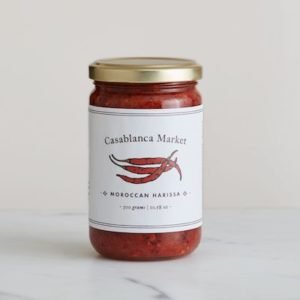
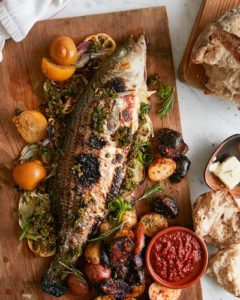

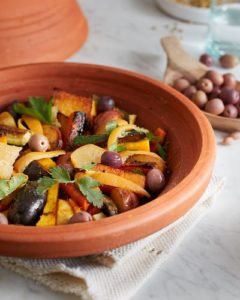

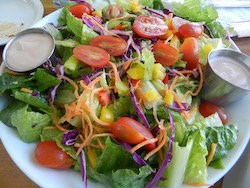
 Gerry Furth-Sides
Gerry Furth-Sides  Barbara Hansen
Barbara Hansen 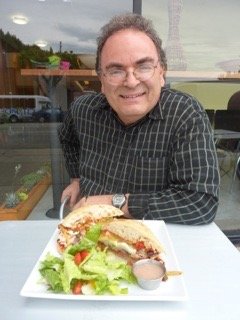 Chef-owner Alain Cohen
Chef-owner Alain Cohen  Roberta Deen
Roberta Deen  Jose Martinez
Jose Martinez  Nivedita Basu
Nivedita Basu